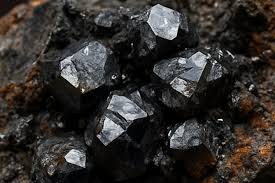
Rare earth smuggling: China’s anti-smuggling campaign
– Western companies’ rare earth crisis is serious
– Smuggling monitoring devices installed at the Vietnam border
Summary from an article published in Record China.

Singapore Chinese media: United Newspaper:
China will prohibit “taking rare earths out of the country without permission.”
China’s “anti-smuggling” campaign:
1. This campaign is China’s national strategy.
2. It will strengthen control over China’s rare earth industry.
Export ban on seven types of rare earth:
On April 4, China suspended exports of seven types of rare earth elements and related magnets.
1. All rare earths are processed within China.
2. It has been announced that a license will be required for future exports.
Request for reduction of tariffs on US:
China has requested the following from the US and Europe.
1. First, reduce tariffs on Chinese products.
2. We want them to allow the sale of advanced products such as cutting-edge semiconductors.
US and European companies have relied on China for rare earths, which has led to serious shortages.
Territorial dispute with Japan in 2010:
China banned rare earth exports for two months during its territorial dispute with Japan in 2010.
1. From 2009 to 2013, China imposed export restrictions intermittently.
2. China also forced manufacturers around the world to relocate their factories to China.

Chinese organized crime syndicates: large-scale smuggling:
Large-scale smuggling had already diminished the effectiveness of China’s rare earth export restrictions.
Until 2010, Chinese organized crime syndicates were smuggling half of China’s annual rare earth production out of the country.
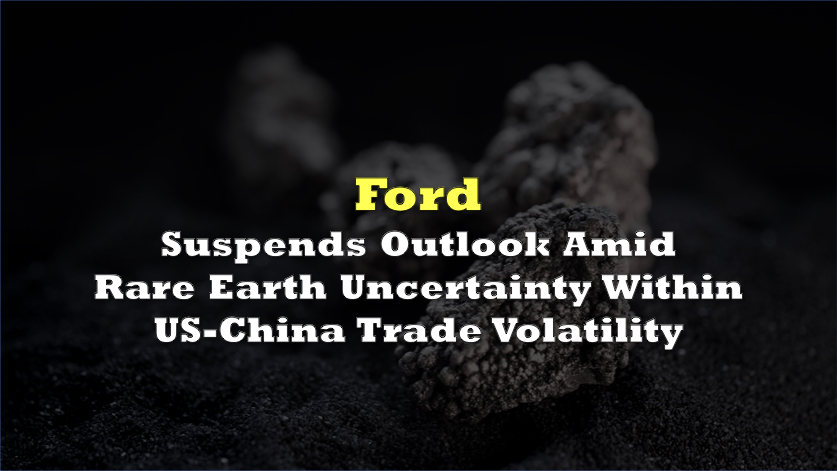
Boeing, Ford, and VW:
Multinational companies such as Boeing, Ford, and VW relied on a supply chain that was a mix of legal and illegal production.
However, even before the recent crackdown, the scale of illegal shipments had been greatly reduced.
Boise State University: David Abraham:
According to David Abraham, a rare earths expert at Boise State University, smuggling is not as easy as it used to be.
China’s Ministry of Commerce issues joint statement:
They called for tracking rare earths at every stage of production and transportation.
1. Strategic mineral export control is related to national security and development interests.
2. In the future, strengthening control over the entire export chain will be key.
The new licensing system aims to “limit the military use of rare earths.”
1. Western military companies are heavily dependent on Chinese neodymium magnets.
2. It will become more difficult to manufacture missiles, drones, tanks, cannons, and fighter jets.

Detailed documentation required:
China’s Ministry of Commerce has required Chinese producers to submit detailed documentation.
1. Chinese companies will have to provide China with details of their rare earth use overseas, not just who bought the material.
2. Documents will have to be provided to China detailing rare earth use overseas.
3. In the future, China will be able to target specific companies or countries.
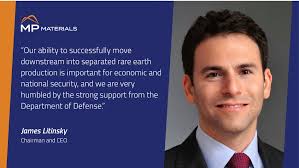
MP Materials (CEO): James Litinsky:
MP Materials owns the only rare earth mine in the U.S., located in Mountain Pass, California.
According to James Litinsky, this is essentially becoming an intelligence gathering operation.
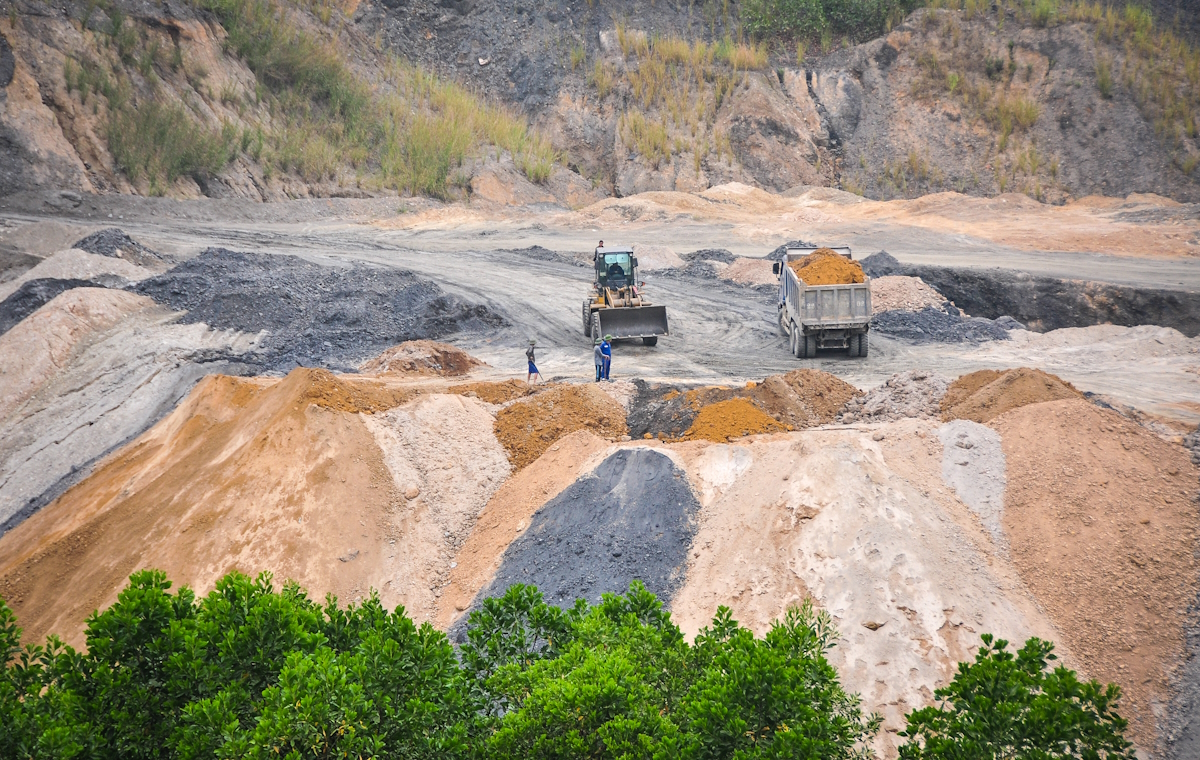
Vietnam border surveillance strengthened: China Securities Times:
Guangxi Zhuang Autonomous Region builds a fence with surveillance capabilities along its southern border.
1. Before the COVID-19 pandemic, smugglers were shipping large amounts of rare earths to China.
2. The only Vietnamese refinery processed heavy rare earths outside of China.
3. But the small Vietnamese refinery closed down a little over a year ago.
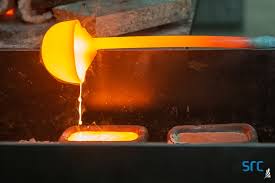
Another way to smuggle:
Another way to smuggle. This was used during China’s trade embargo against Japan in 2010.
The rare earths are melted down and processed into steel beams, which are then remelted at the destination and extracted.